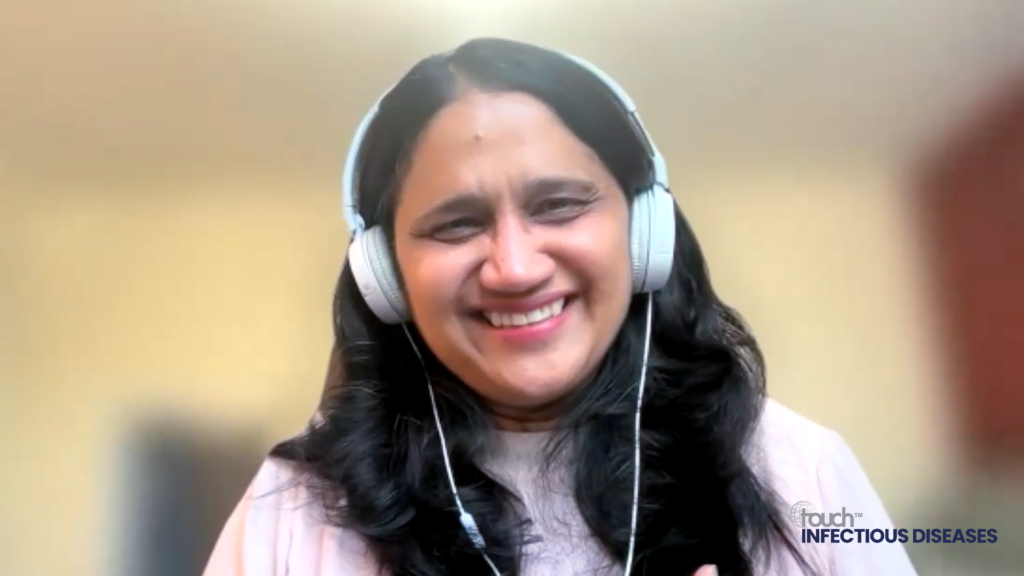A recent study published in Science Advances highlights significant and unequal declines in life expectancy in India during the COVID-19 pandemic. Researchers found that between 2019 and 2020, life expectancy in India dropped by 2.6 years, a decrease greater than those observed in high-income countries.
The study, led by Dr Aashish Gupta from the University of Oxford and his colleagues, used data from the National Family Health Survey (NFHS) 2019-21 to analyze mortality across different social groups. The findings revealed that women experienced a larger decline in life expectancy (3.1 years) compared to men (2.1 years). Additionally, marginalized groups such as Scheduled Tribes, Scheduled Castes, and Muslims saw the most significant drops, with life expectancy declines of 4.1, 2.7, and 5.4 years, respectively.
The study estimated 1.19 million excess deaths in India in 2020, which is about eight times the official count reported by the government. This discrepancy underscores the challenges in mortality data collection during the pandemic. The researchers pointed out that the greater impact on women in India contrasts with global patterns, suggesting potential gender inequities in healthcare access and resource allocation.
Overall, the study emphasizes the need for addressing underlying social determinants of health to mitigate the impact of future health crises and highlights how pandemics can exacerbate existing disparities rather than equalize them.
Disclosures: This article was created by the touchINFECTIOUS DISEASES team utilizing AI as an editorial tool (ChatGPT (GPT-4o) [Large language model]. https://chat.openai.com/chat.) The content was developed and edited by human editors. No funding was received in the publication of this article.











